Do you remember good movies? I mean, really good movies you had to see in the movie theater the second they came out? Movies so good you would sacrifice your grocery money to see? Do you remember lining up for hours on opening day?
I do. I didn’t just watch movies, I lived in them. I grew up on top of a mountain in Topanga Canyon, back when it wasn’t a gated community for the 1% but was instead the land of the hippies - the Manson Family and the Rolling Stones.
Our lives were full of the riches of the natural world - riding our ponies through the firebreaks, digging in the dirt, helping our mom with the chickens and goats, and not coming inside until long after dark. That world would come to an end with a new boyfriend who would move us out of Topanga and through a series of suburban neighborhoods in central California. We watched our ponies driven away in a horse trailer and couldn’t stop crying about it for a year.
Nothing could replace the natural world of Topanga, the feel of my pony’s fur on my skin. The smell of eucalyptus trees, our untamed wilderness at our doorstep. Nothing, that is, until movies.
My parents divorced when I was three. My dad picked us up on the weekends and drove us down one side of the mountain to Hollywood to see kung-fu and Blaxploitation movies. My mom would pack us into her VW bug and drive down the other side of the mountain to the Van Nuys drive-in.
They didn’t make many movies for kids back then. We had to watch whatever the adults were watching. But we were spoiled by movies in the 1970s. They were so good people still watch them today. I remember watching the adults laugh at Woody Allen’s Sleeper. I had no idea what was so funny, which would begin a lifelong love for, and obsession with, Woody Allen movies.
What I didn’t understand in Woody Allen’s or any other movies I would figure out as I navigated the treacherous waters of real life, far from the safety and darkness of a movie theater. Movies taught me how to kiss, how to laugh, what I wanted to be when I grew up. I turned to them, always, when life was too complicated. I was lucky to come of age at a time when artists could tell the truth, and they weren’t constantly worried about saying or doing one wrong thing that would destroy their careers.
[photo credit]
But movies aren’t like they used to be; everyone knows it. Something significant has been lost. We’re missing a shared story. Without that, there is no way to make movies for everybody. And making movies for everybody is mostly how Hollywood has survived and thrived for 100 years. They’ve been in trouble before. Television, VHS tapes, and now, streaming have cut into box office sales, but what has hurt them the most is their insulation and isolation from the general public, the people who actually pay to see their movies.
I got online in 1994 and joined a Usenet group writing about movies. By 1999 I was ready to join the Wild Wild Web with an HTML site that mimicked magazines and newspapers. I could do what they did with no overhead. I did the design and the writing and eventually managed the advertising. Best of all, I could write seven days a week at all hours of the day. Eventually, journalists would have to catch up with how fast the internet moved.
It was the turn of the millennium, and anyone could build anything. I called my site oscarwatch.com to track the entire race year-round. I had a one-year-old baby to support and figured I could build something that would allow me to raise her without putting her in daycare.
I worked as a janitor, a sports photographer, and a film reviewer until I met a journalist named David Carr who convinced me to take my site seriously and start making serious money. David Carr died in 2016. My baby is 23 and living in Brooklyn, and I’m still blogging about the Oscars, 22 years and counting. Eventually, the site made money, and that’s when the Academy sued me for Trademark infringement, and Oscarwatch.com became AwardsDaily.com.
Say Goodbye to Hollywood
The collapse of the Hollywood empire plays like a whodunnit. Was it superhero movies that made Hollywood untold billions but also alienated more discerning audiences who then turned to the small screen? Yes. Was it the big boom of the internet that birthed an entire solar system of content to compete with? Yes. Was it Hollywood’s focus on international box office to make the really big money? Yes.
When I first started, Gladiator was the film that would win Best Picture. It was a big studio movie that made $187 million. Last year, CODA, was released by Apple-TV and only made about $1 million in total. But it was the first film with a predominantly deaf cast to win. That trajectory, my entire career online, tells you everything you need to know about what happened to the Oscars and the film industry.
It used to be that the Oscars helped drive the movie business. The films would be released to the public and would either be a hit or not. The Oscars were built to award films that were a success. They had to be a hit with the public even to be considered for Best Picture. Most of the biggest hits of any given year either won Best Picture or came close. The public mattered because the box office mattered.
Over time, however, as Hollywood (and the country) began to divide between the cultural elites and everyone else, studios started making the kinds of movies Oscar voters liked, not what the general public liked. They were the First Class passengers on an airplane getting custom-made meals grown in a hot house to their specific tastes. Back in coach, well, let them eat Marvel.
Think of it like the salads they offer at McDonald’s. They make their money on Big Macs but offering salads gives the appearance that they care about the public's health. Oscar movies are the salads no one orders and no one eats but makes Hollywood look good.
If Oscar movies made money, all the better, it didn’t make much difference. They wanted to be seen as good people doing great things, billionaires who still cared about the art. Eventually, that need to be seen as good would suck them into a full-blown religious cult.
This adaptation would have disastrous consequences for the entire industry, especially when those same First Class passengers were still so freaked out by COVID they would wear masks while walking in the park alone. Now, even they aren’t showing up to buy tickets and sit in a theater potentially full of germs.
The election of Barack Obama changed everything on the Left, especially in Hollywood. It’s shocking how much the Democrats have merged with the film industry and the Oscar race. Obama is a regular fixture on Netflix and will have a documentary, very likely, in the Oscar race this year. Hillary Clinton has a show on Apple-TV.
By 2009, the first film to win Best Picture was also the first film by a woman to win Best Picture. It was The Hurt Locker, and it had only made around $15 million. 12 Years a Slave would drop in 2013, the first film by a Black director to win.
Heading into the 2016 Oscar race, La La Land was set to win Best Picture. I had left the Dolby theater and was driving home when someone called me to tell me Moonlight, a coming-of-age story about a Black gay man, actually won.
I had predicted Moonlight would win but had left in a fit of rage. Back then, I was considered the first “woke” Oscar blogger. I spent years writing from the perspective of race and gender, such that almost nothing else mattered. So I was happy that night. I too had gotten caught up in the lie that La La Land was somehow “racist” because a white character was “explaining” Jazz.
But by the next year, when the film Three Billboards Outside Ebbing, Missouri came out and was about the redemption of a racist cop, the internet lost its mind. The movie was racist, the filmmaker was racist. It didn’t win Best Picture. The Shape of Water won instead. That was the first time I started speaking out loudly about what appeared to be mass hysteria hitting the Oscar race.
That was also when I became a target. Twitter users started calling me a “white supremacist,” with no idea of what I had been writing about for the previous decade.
But things would get much worse the next year, in 2018. Green Book caused such a controversy that the past tweets and history of the filmmakers were dragged into the public square. Critics viciously attacked the film. I stood against the tide and defended it, even talking to the Wall Street Journal.
Green Book’s win caused such a shockwave with the voting Academy that to date, no film made by a white male has won either Best Picture or Best Director. Activists would say, so what? Let other people take a turn. The problem is that they are now giving out awards to make history, to satisfy the demands of activists, or to virtue signal - but they’ve come a long way from awarding on merit, which is the whole point of film awards.
The ratings tell the tale.
Unlike the Oscars and the SAG Awards, the Golden Globes hadn’t yet become grief porn for Democrats mad at Trump. Ricky Gervais was their host in 2020, and he called them out on their hypocrisy. His video has more views on Youtube than most of these awards shows combined for the past five years. That would have been the only way for the Golden Globes to boost their ratings; give people what they really want - someone to take the piss out of the sanctimonious, self-congratulatory, hypocritical industry.
The Golden Globes hadn’t see the same ratings drop at the Oscars or the SAG awards mainly because they would hire Gervais, and they weren’t overtly political.
The other two show a significant decline starting around 2016:
The “Great Awokening” of 2020 upended the film awards industry root and branch. The British Film Academy now has a committee of activist film critics hand-picking most acting and directing nominees. The Oscars have an inclusivity mandate that must be met for any film to qualify for the Oscars. Though it isn’t official until 2024, filmmakers have no doubt been monitored closely by activists with clipboards checking boxes and keeping score.
The idea is not to offend a single person deemed marginalized. Nearly every group is covered under that umbrella except white men. None of this is working out for Hollywood except in how it makes people at the top feel less guilt about their own wealth and status. The power in Hollywood hasn’t changed. They’ve simply found a way to mask who they really are.
Our Town
So much of our shared stories revolved around our societal anchors - town squares, neighborhoods, the nuclear family, softball games, churches and synagogues, and Sundays in the park. Small Town USA meant something. It defined our base camp that nearly all storytelling for the past 100 years relied on.
It’s a Wonderful Life still resonates with audiences even now, because tells a universal story and is authentic to its characters. But it’s also a film that assumes the majority of its audience believes in the same values, especially Christianity, because that represented the majority, even for the non-whites.
The film opens with the citizens of Bedford Falls praying to God to help George Bailey because he was the kind of person whose life touched so many other lives. Their prayers are answered when an angel named Clarence magically appears. Now, you can see screeching activists on Twitter complaining about that, just as they do when people say Merry Christmas, which, by the way, George Bailey shouts from the rooftops when he learns how to live again.
The message of It’s a Wonderful Life continues to resonate through time with everyone, not just white people, that what matters in life, really matters, is our family, our friends, and the nice things we do for others. Nothing hits quite as hard as the line, “to my big brother George, the richest man in town,” followed by Clarence's note, “No man is a failure who has friends.”
There is no way to make a movie that doesn’t offend someone. This year, Hollywood got a clear message when they released a gay romcom called Bros, which bombed. They got another message with Lightyear, featuring an infamous “lesbian kiss,” which also bombed. The majority in this country are still mostly white, mostly heterosexual, mostly Christian or religious in some way.
That doesn’t make Americans homophobic. It just means that our shared story reflects the world we know. Hollywood seems to believe it should be in the business of telling people how to think, how to live, what to teach their kids. But that is not their job, nor their place.
The free market tells the tale. If you built it, they will come. Top Gun Maverick made $700 million because it gave the public, the majority, what it wanted: an alpha male flying fast planes and getting the girl.
The ratings for award shows are dropping for the same reason movies are no longer great. They have not only forgotten who they are, but they’ve forgotten who we are.
Awards shows now are like watching some kind of religious healing meeting where marginalized groups are trotted out on stage and white people in the audience flail about, weep and beg for forgiveness and absolution. Then they are HEALED of their sins of privilege.
It’s extremely rare to see a great speech anymore that isn’t burdened with some kind of “woke” virtue signaling or apology or lecture about how we all need to “do better.” There was one great speech at the Golden Globes. It was so good it reminded me of what film awards can be at their best.
We still need speeches like that to remind us how great it feels to win. That is the only value of award shows. We don’t need lectures by the most privileged people in the world. We don’t need condescending insults at people who voted for Trump, or even Trump himself by now. Just shut up already. Haven’t we had enough?
We still need our heroes. We need our strong male role models. We need good father figures. We need glamorous, beautiful movie stars and stories that reflect the struggles of everyday life. We don’t need their unending navel gazing, their ongoing obsession with ranking people based on identity.
The SAG awards have just announced they’ll be moving to Netflix. Their press release made sure to point out how now they could be watched by people all over the world. They don’t really want to broaden their reach and appeal to the other half of America they abandoned long ago. If ratings don’t matter, the public doesn’t either.
Hollywood film studios, too, can rely on streaming for the films they want to make and the message they want to send. No box office pressure to change how they make movies.
But we know that the best movies throughout Hollywood’s history were the ones that told universal stories because they cared about those who do, to quote George Bailey, the working and living and dying in this town. They knew that what the elites of society cared about was boring and insular. Otherwise, there wouldn’t be an It’s a Wonderful Life, a Mr. Smith Goes to Washington, a Casablanca, or the Godfather. Those old movies had to be good because they had to appeal to as many people as humanly possible.
Did they appeal to everyone? Of course not. Did they leave minorities and marginalized groups behind? Yes, they did. But the solution to that problem isn’t to force dogma into movies to make everything equitable and intersectional.
We still need stories that move us. Those stories will never be told if Hollywood is frozen in fear and always looking over their shoulder for the next accusatory tweet or agonizing think piece in Salon.
We need more outsider studios to find the best scripts and make the best movies. If they do, people will come.





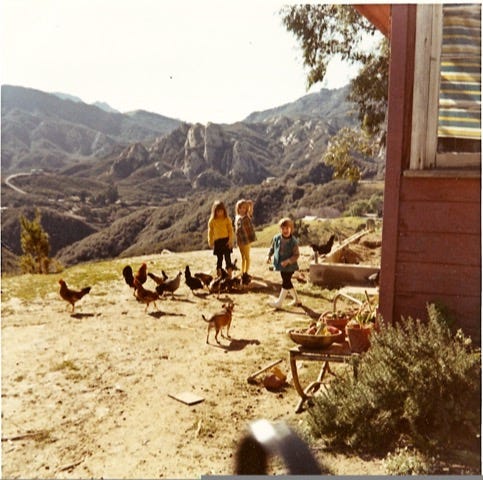
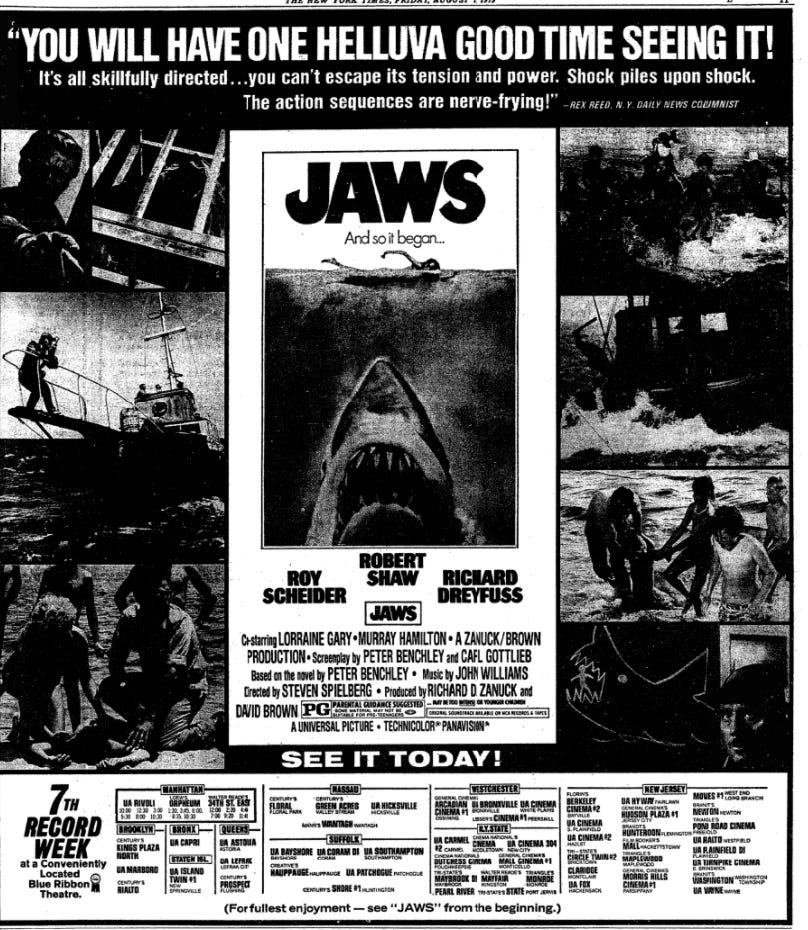
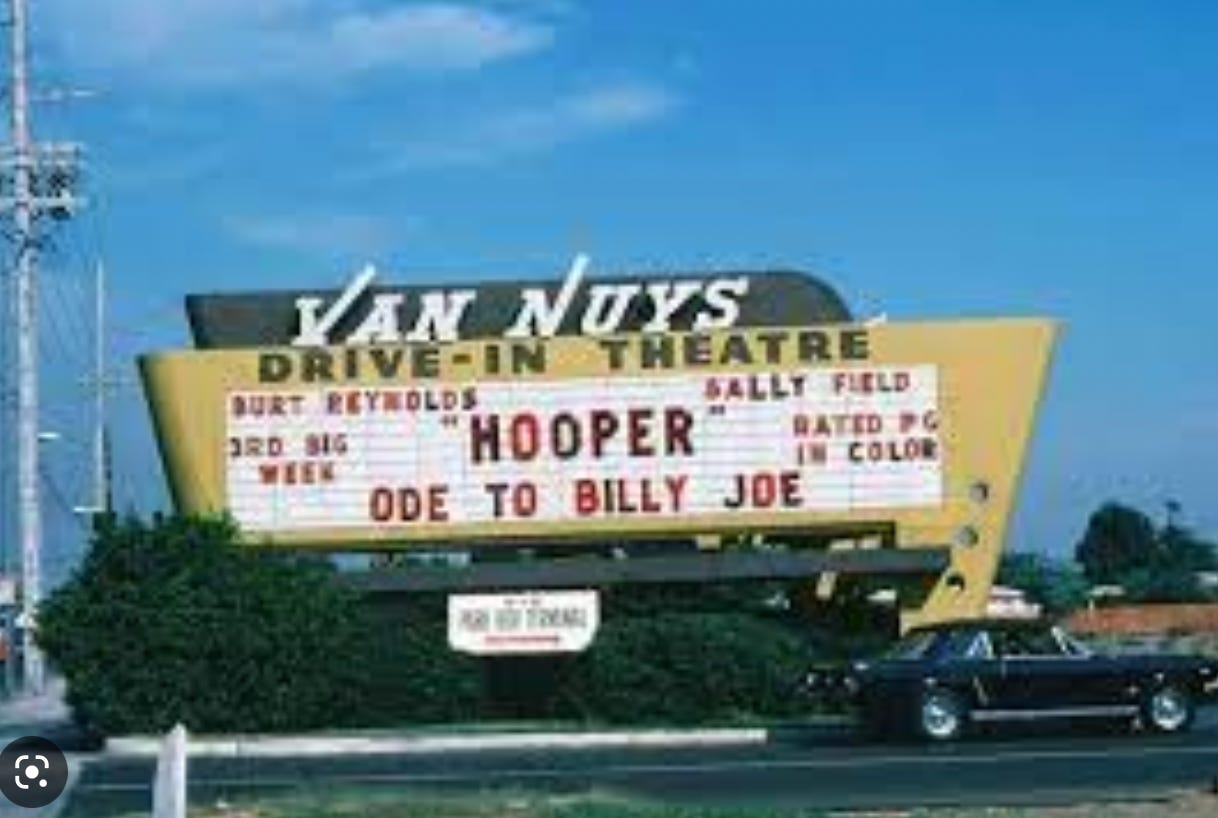
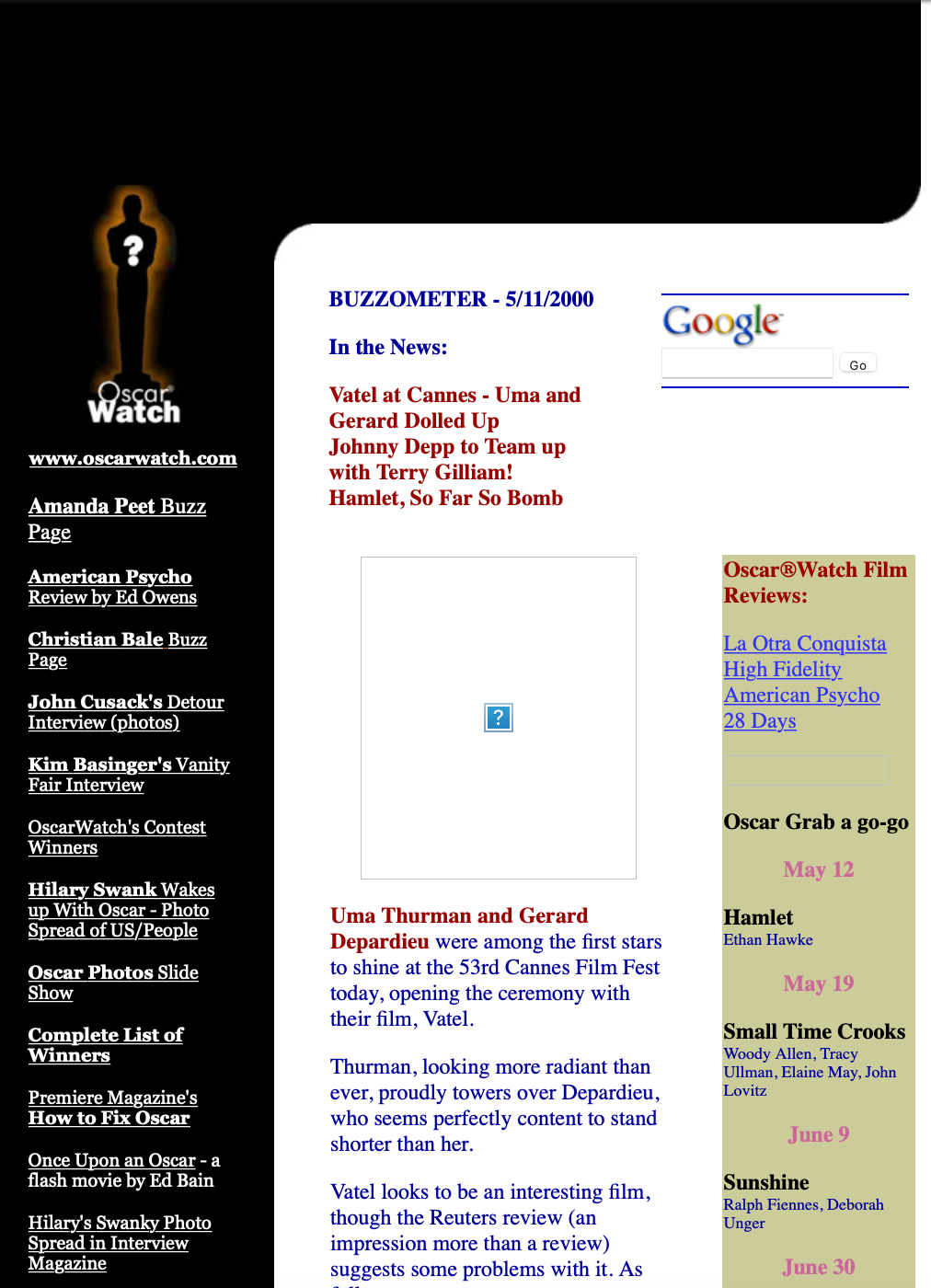
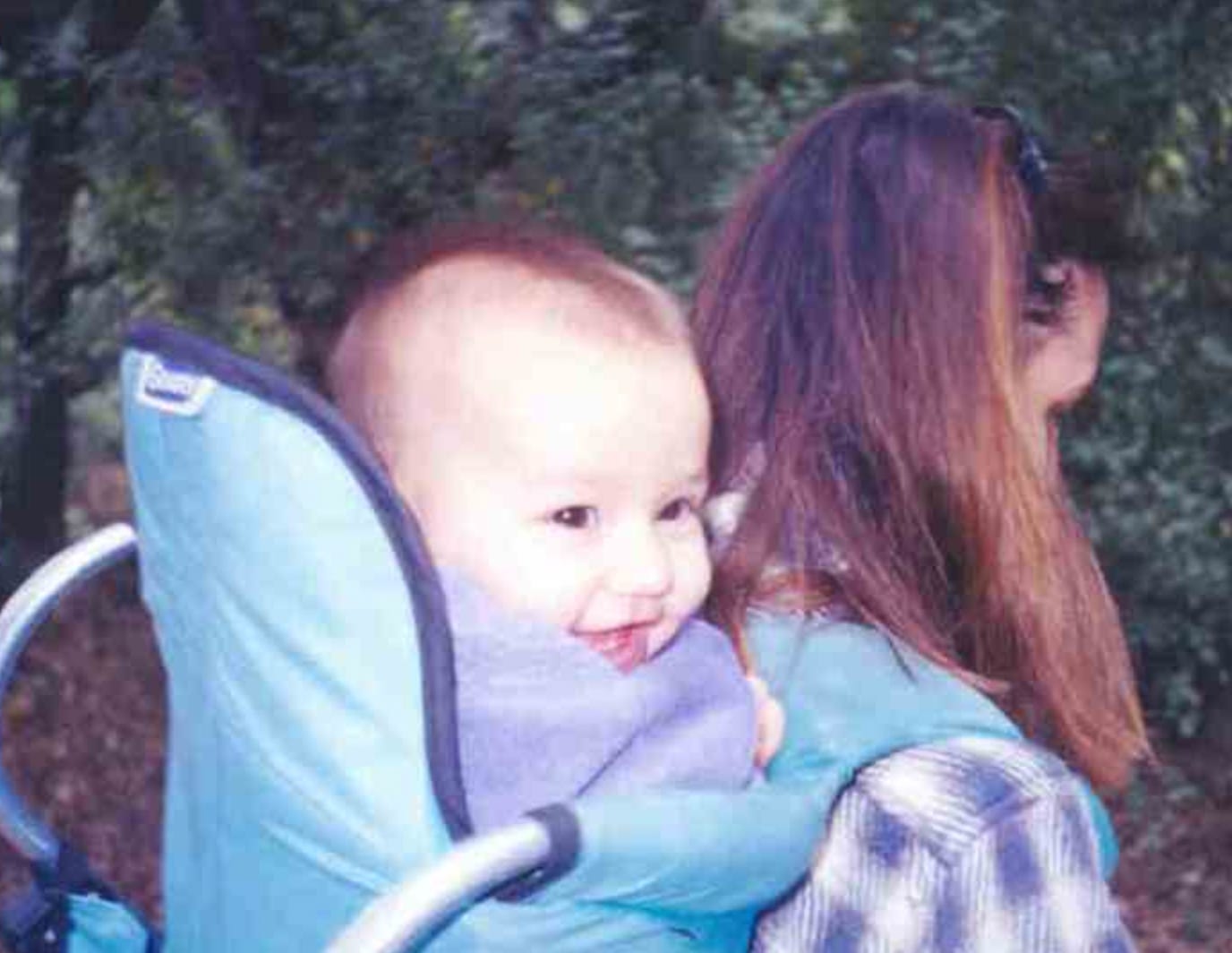
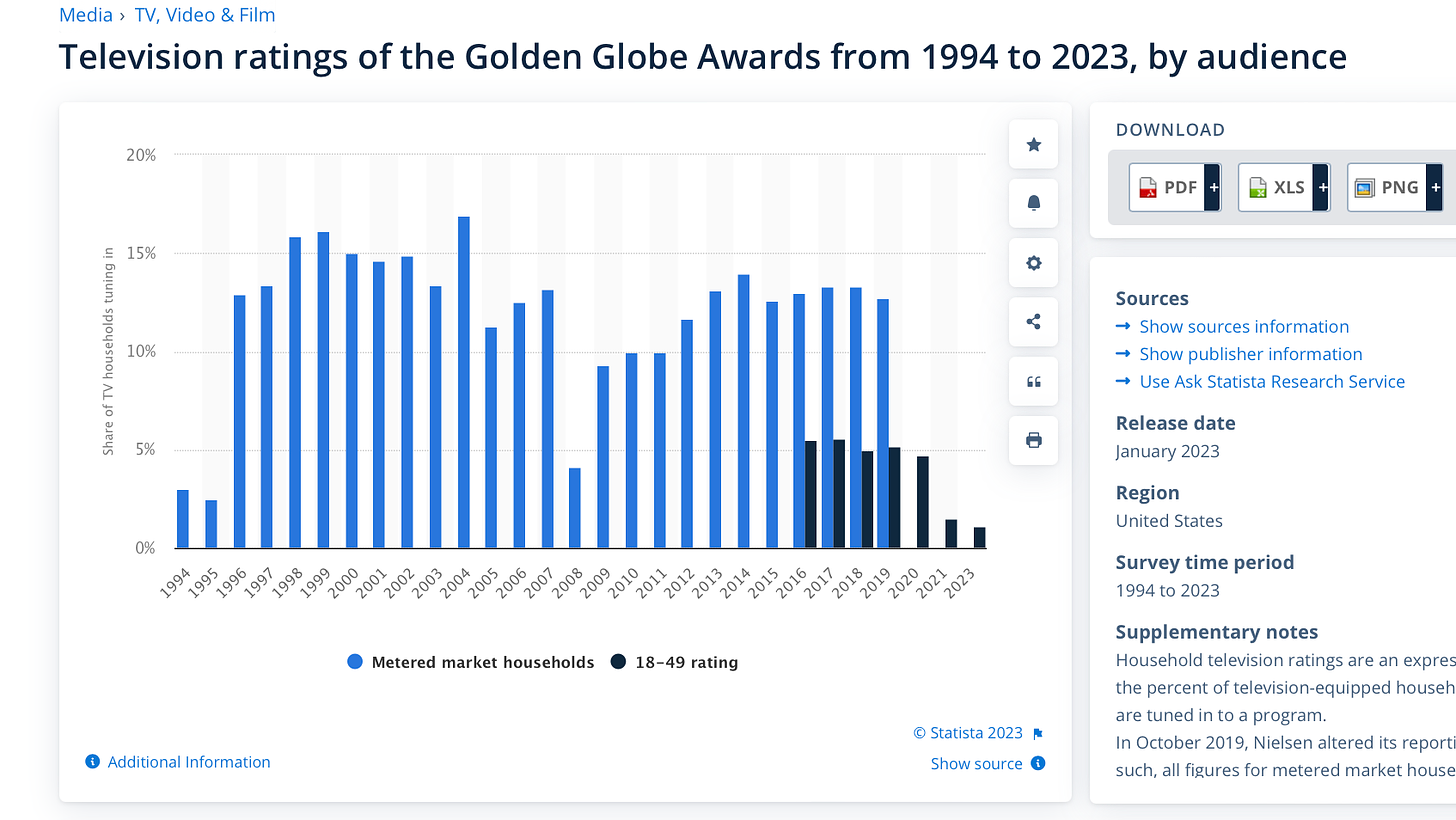
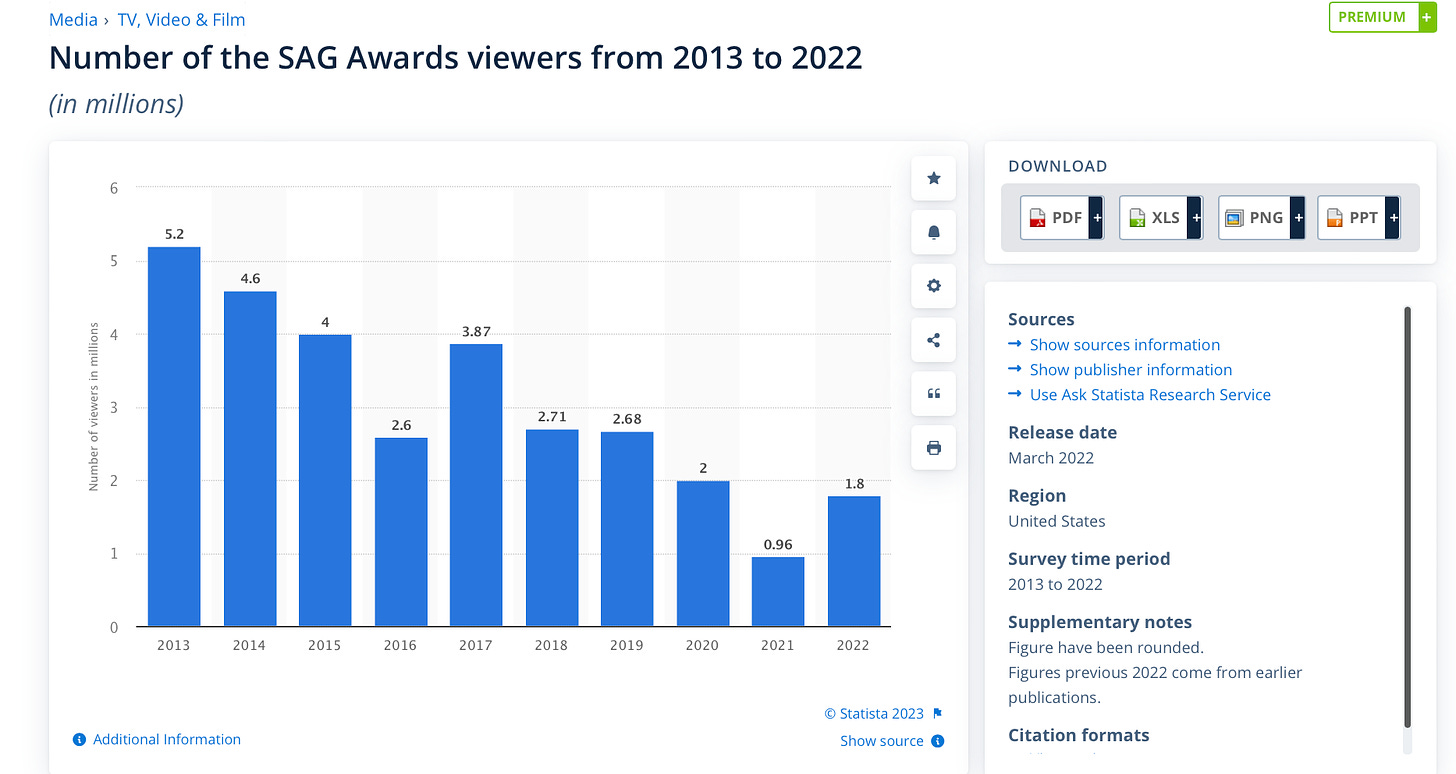
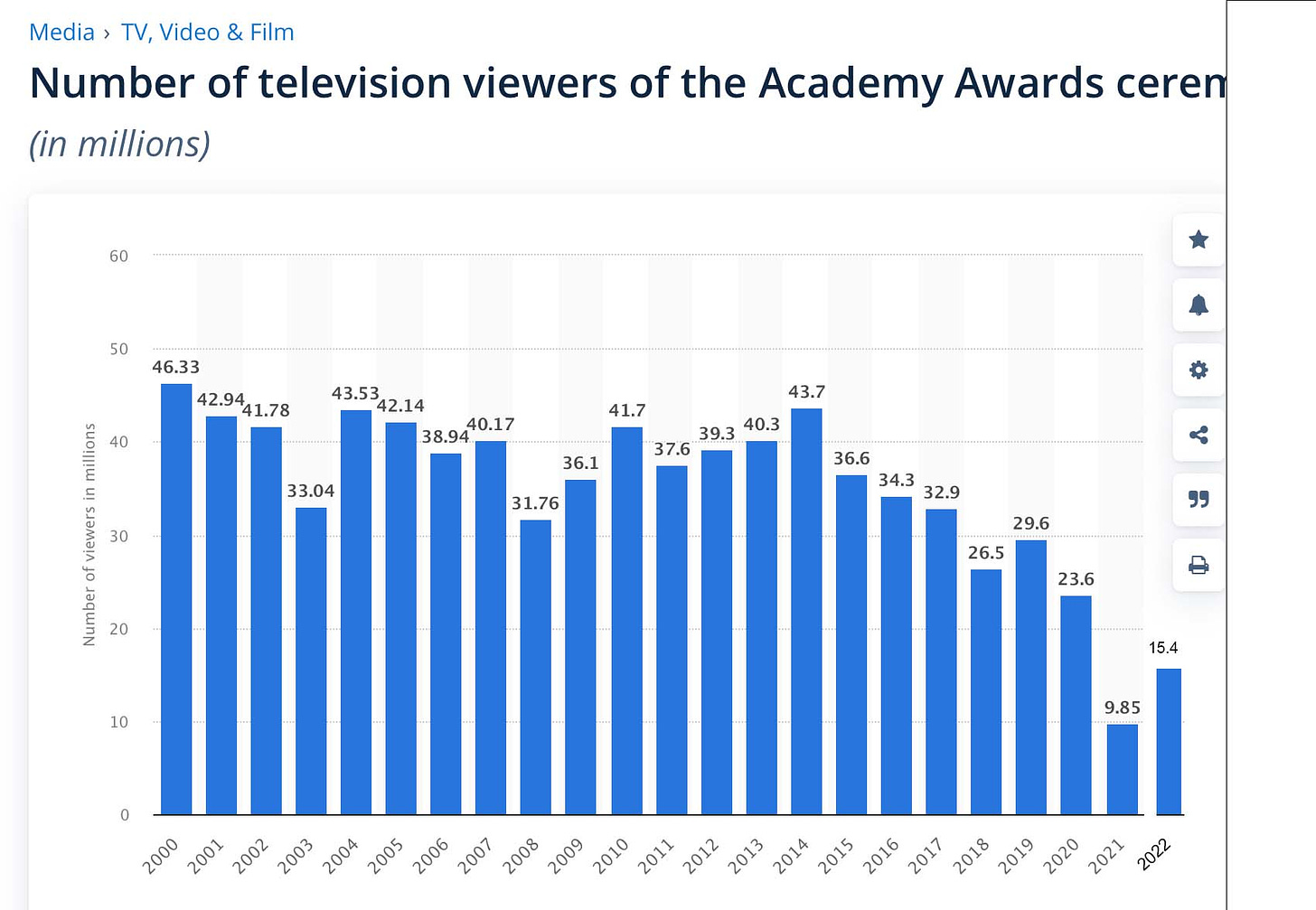


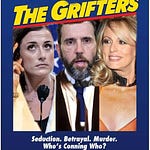
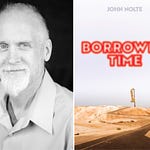





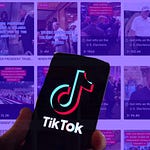
The Fall of Hollywood's Empire